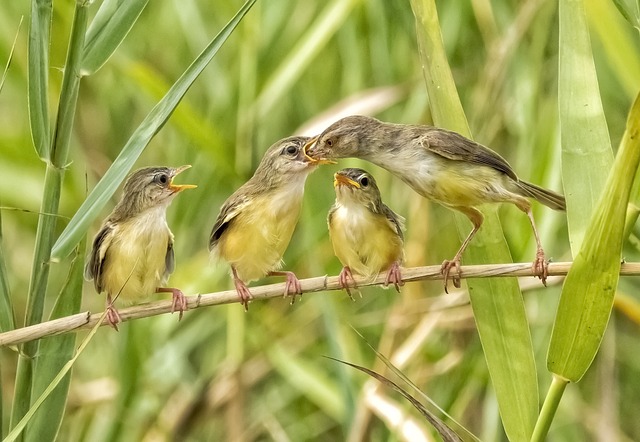Feeding exotic pets can be a daunting task, especially for those new to the world of reptiles or amphibians. With so many different species to choose from, it’s easy to get overwhelmed by the variety of food options available. In this article, we’ll provide a comprehensive guide on how to feed your exotic pet lizard, snake, and other creatures, ensuring you provide them with the best possible nutrition for optimal health and well-being.
Before we dive into the nitty-gritty of feeding your exotic pet, it’s essential to understand the unique dietary needs of different species. Some reptiles, like geckos and chameleons, are carnivorous and require a diet rich in protein, while others, such as bearded dragons and leeches, have omnivorous diets that include both animal and plant matter.
One of the most critical factors to consider when feeding your exotic pet is providing a balanced and nutritious diet. A well-balanced diet ensures that your pet receives all the necessary nutrients for optimal health, including proteins, fats, carbohydrates, vitamins, and minerals. It’s also essential to ensure that your pet has access to fresh water at all times.
Here are some general guidelines to follow when feeding your exotic pet:
- Research your pet’s specific dietary needs: Before you start feeding your exotic pet, research their specific dietary requirements. Different species have different nutritional needs, so make sure you understand what your pet needs.
- Provide a varied diet: A balanced diet should include a variety of foods to ensure your pet receives all the necessary nutrients. For example, if you’re feeding a carnivorous lizard like a leopard gecko, it’s essential to provide a diet rich in protein sources like crickets, mealworms, and roaches.
- Supplement with calcium and vitamins: Many reptiles require supplements to ensure they receive the necessary nutrients for optimal health. Calcium is particularly important for bone growth and development, while vitamin D3 helps regulate calcium levels.
- Avoid overfeeding or underfeeding: Overfeeding can lead to obesity and other health problems, while underfeeding can cause malnutrition and weakness. Monitor your pet’s weight and adjust their food intake accordingly.
- Keep an eye on food quality: The quality of the food you provide is crucial for your pet’s health. Choose high-quality commercial foods or live insects that are free from pesticides and other contaminants.
Here are some specific feeding guidelines for popular exotic pets:
- Lizards (e.g., bearded dragons, geckos): Provide a diet rich in protein sources like crickets, mealworms, and roaches. Supplement with calcium and vitamin D3 to promote bone growth and development.
- Snakes (e.g., ball pythons, corn snakes): Feed pre-killed or live prey items like mice, rats, or quail eggs. Provide a varied diet that includes different types of prey to ensure nutritional balance.
- Amphibians (e.g., frogs, toads): Offer a diet rich in live insects like crickets, mealworms, and roaches. Supplement with calcium and vitamin D3 to promote bone growth and development.
- Turtles and tortoises: Feed a diet rich in vegetables like leafy greens, carrots, and sweet potatoes. Provide a source of protein like shrimp or fish, but avoid feeding them raw meat to prevent bacterial contamination.
Remember, every pet is different, and their dietary needs may vary depending on age, size, and individual health conditions. Always consult with a veterinarian or experienced breeder before making any changes to your pet’s diet.
In conclusion, feeding your exotic pet requires careful consideration of their unique dietary needs and providing a balanced and nutritious diet that meets those needs. By following the guidelines outlined in this article, you’ll be well on your way to ensuring your pet receives the best possible nutrition for optimal health and well-being.

